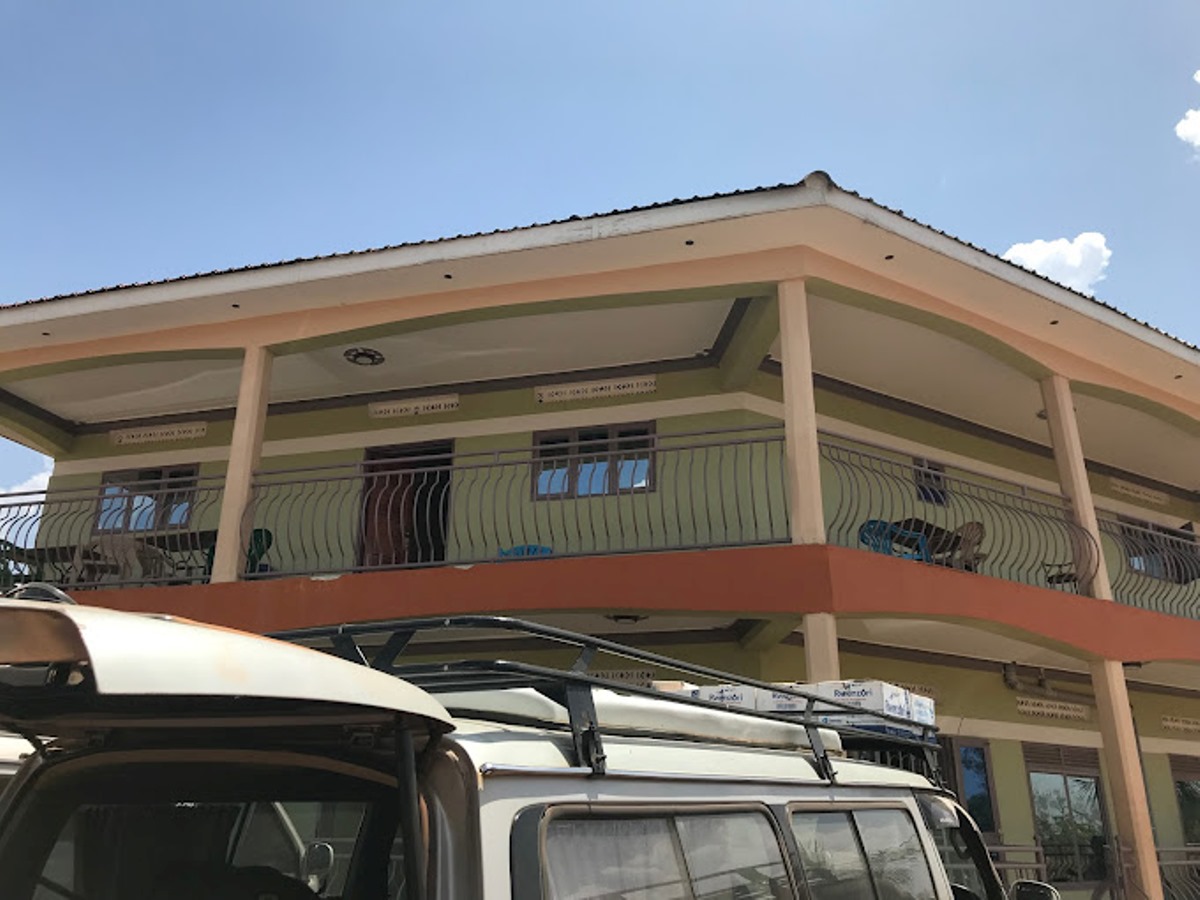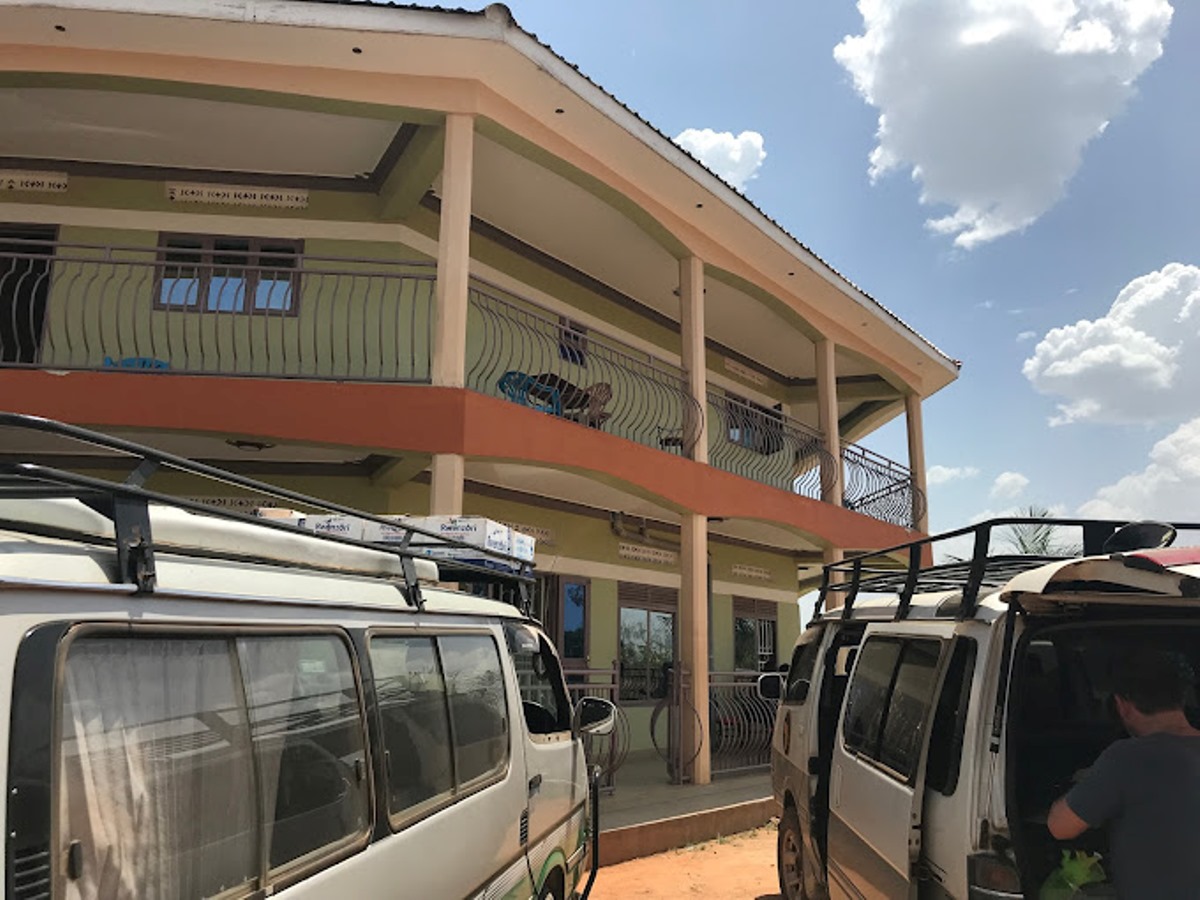Amuru District, Uganda
AMURU DISTRICT, UGANDA
LOCATION OF AMURU DISTRICT, UGANDA
Amuru District is located in Northern Uganda. It is bordered by Adjumani District to the North, South Sudan and Lamwo District to the North-East, Gulu District to the East, Nwoya District to the South, Nebbi District to the South-West, and Arua District to the West.
The district’s administrative headquarters are in the town of Amuru, which is approximately 60 kilometers North-West of Gulu, the largest city in the Acholi sub-region.
POPULATION OF AMURU DISTRICT, UGANDA
As of 2024, the population of Amuru is estimated to be 178,800 people by UBOS.
SOME HISTORY OF AMURU DISTRICT, UGANDA
Amuru District was officially established by the Ugandan Parliament in 2006. Before its establishment, it was part of Gulu District. The district is part of the Acholi sub-region and is bordered by Adjumani District to the North, South Sudan and Lamwo District to the North-East, Gulu District to the East, Nwoya District to the South, Nebbi District to the South-West, and Arua District to the West.
The administrative headquarters of Amuru district are located in the town of Amuru, approximately 60 kilometers North-West of Gulu, the largest city in the Acholi sub-region. Amuru district covers an area of about 3,626 square kilometers.
Subsistence agriculture is the backbone of the district’s economy, employing 98% of the population. The district has very fertile arable land, which makes up about 90% of the total land area. However, due to insecurity caused by the Lord’s Resistance Army (LRA) insurgency, less than 1% of the land was utilized for agriculture for about twenty years. With the return of security to Northern Uganda in 2006, agricultural activities have been gradually improving.
Like many newly created districts in Uganda, Amuru faces several challenges, including inadequate funding, a small tax base, insufficient numbers of qualified professional and administrative staff, poor infrastructure, and corruption. Despite these challenges, the district has been working towards development and improving the living conditions of its residents.
Amuru District is predominantly inhabited by the Acholi people, who have a rich cultural heritage. The district is part of the larger Acholi sub-region, which is home to an estimated 1.5 million Acholi people.
| Visa requirements | ENTRY INTO UGANDA (VISAS & PASSES)
Any person intending to enter into Uganda should do so only for lawful purposes and in accordance with national immigration laws, guidelines and formalities.
Foreign nationals intending to enter Uganda for purposes of employment should comply with requirements for expatriate employment in Uganda.
All visa prone nationalities must obtain Uganda visas to facilitate their entry into the country.
Uganda visas may be obtained at Uganda missions abroad or by applying online at the Uganda E-Immigration System at www.visas.immigration.go.ug
UGANDA VISAS & CORRESPONDING FEES:
WORKING AND LIVING IN UGANDAPERMITS –WORKING IN UGANDA All foreign nationals intending to work in Uganda must ensure that they are in possession of the relevant work permit. The classes of work permits are listed below. For the requirements for the different categories, please log onto the Immigration Uganda website: www.immigration.go.ug or www.visas.immigration.go.ug CLASS A (GOVERNMENT & DIPLOMATIC SERVICE) Applicants should be persons contracted for service in the Government of Uganda or diplomats accredited for service in Uganda. CLASS A2 (GOVERNMENT CONTRACTORS) Applicants should be persons on Government contracts, including persons serving in Government tertiary institutions. CLASS B (INVESTMENT IN AGRICULTURE) Applicants should be persons intending to invest in the business of agriculture or animal husbandry. CLASS C (MINING) Applicants should be persons intending to invest in the business of prospecting for minerals or mining in Uganda CLASS D (BUSINESS AND TRADE) Applicants should be persons intending to carry on the business or trade in Uganda CLASS E (MANUFACTURERS) Applicants should be persons intending to engage in manufacturing business In Uganda CLASS F (PROFESSIONALS) Applicants should be members of prescribed professionals Intending to practice RIO profession In Uganda CLASS G1 (VOLUNTEERS, NGO WORKERS, and MISSIONARIES) CLASS G2 (EMPLOYEES) Applicants should be persons intending to work as employees whether for gain or not in Uganda. Applicants under this category can only enter Uganda after grant and payment for their work permits. WORK PERMIT RENEWAL
| ||||||||||||||||||||||||
|---|---|---|---|---|---|---|---|---|---|---|---|---|---|---|---|---|---|---|---|---|---|---|---|---|---|
| Languages spoken | Acholi | ||||||||||||||||||||||||
| Currency used | Ugandan Shilling (Ugx) | ||||||||||||||||||||||||
| Area (km2) | 3,626 square kilometers | ||||||||||||||||||||||||
| Country name | Republic of Uganda |


